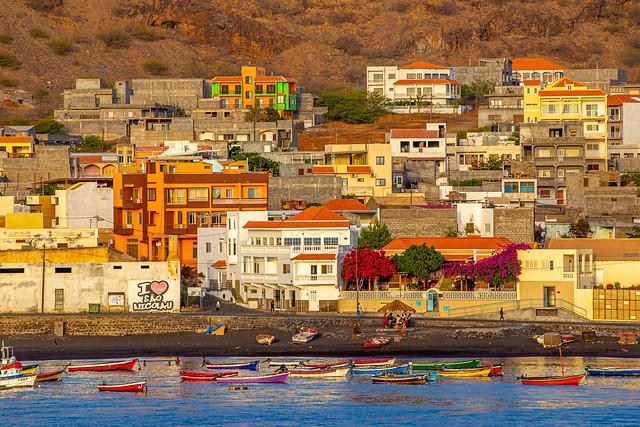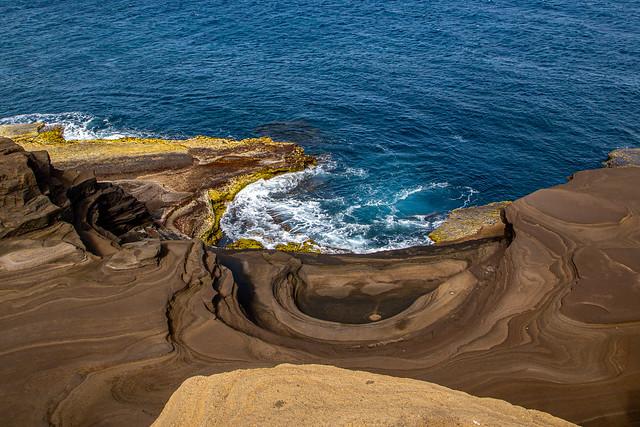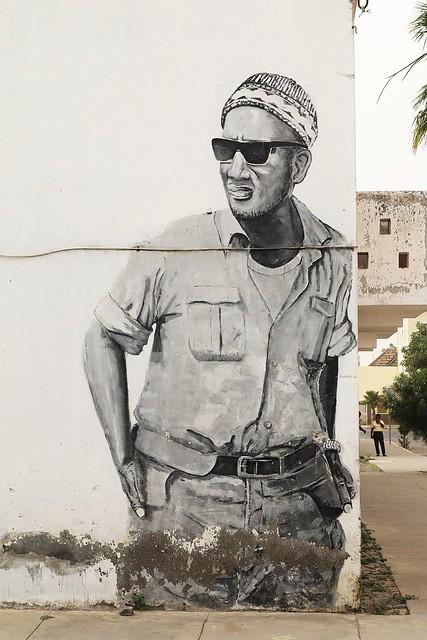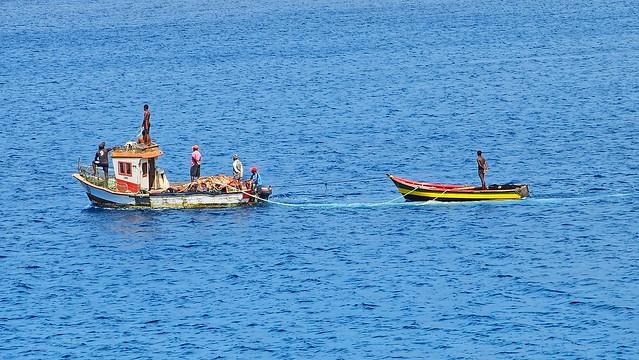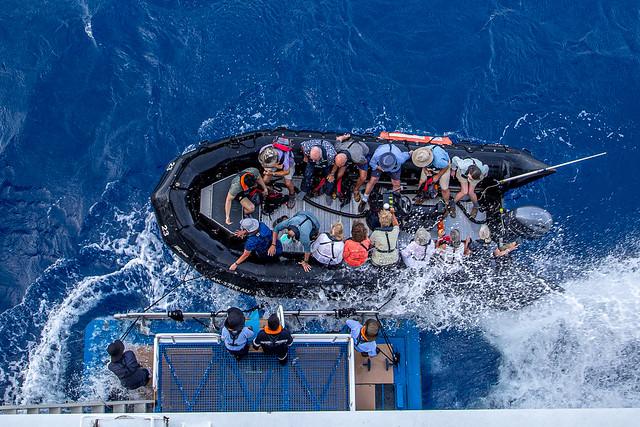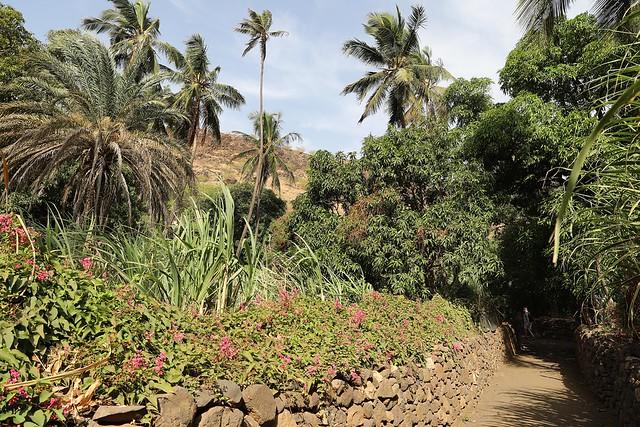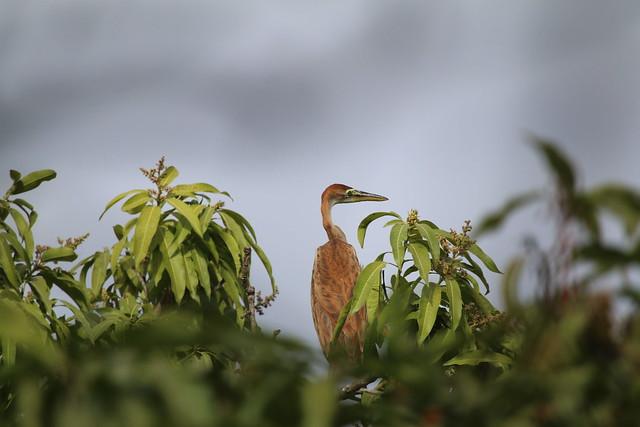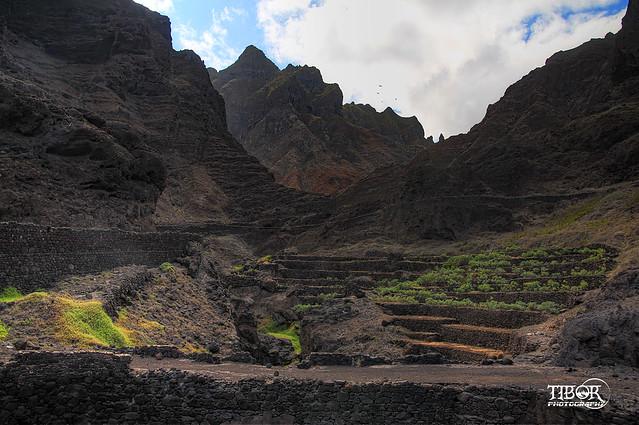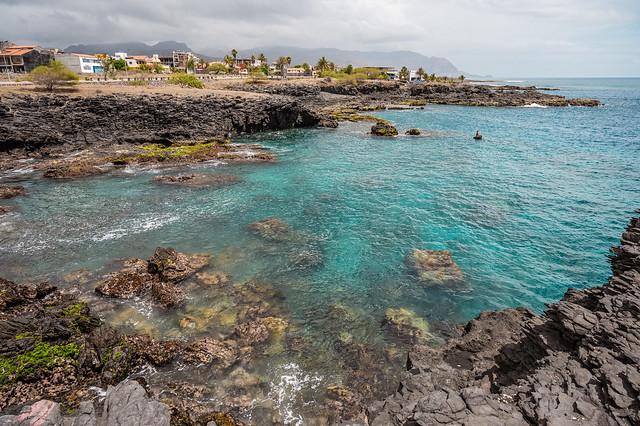Tarrafal
Overview
Overview of Tarrafal, Cape Verde
Tarrafal, located on the northern tip of Santiago Island in Cape Verde, offers a unique blend of stunning natural beauty, rich history, and vibrant culture. This picturesque town is known for its beautiful white sandy beaches, such as Tarrafal Beach, framed by coconut palms and crystal-clear turquoise waters. The culture in Tarrafal, like the rest of Cape Verde, is a captivating mix of African and Portuguese influences, evident in its music, dance, and cuisine. The town's relaxed atmosphere combined with its friendly locals makes it a perfect getaway for those looking to experience a different pace of life. Notably, Tarrafal also holds historical significance with sites like the Tarrafal Concentration Camp, which serves as a poignant reminder of the country's past.
Tourism Season and Activities in Tarrafal
The high season for tourism in Tarrafal runs from November to March, coinciding with the dry season when the weather is most pleasant. During this period, temperatures are warm but comfortable, typically ranging from 20°C to 25°C (68°F to 77°F), making it ideal for outdoor activities. Visitors can enjoy a variety of activities such as snorkeling in the clear waters, hiking in the nearby mountains, or exploring local markets. Surfing is also popular, especially at nearby beaches like Ponta Preta. Cultural events and festivals, often featuring traditional Cape Verdean music such as morna and funaná, are frequent during these months, providing a great opportunity for travelers to immerse themselves in the local culture.
Preparation for Visiting Tarrafal
Before visiting Tarrafal, it’s important for travelers, especially teenagers, to prepare adequately to ensure a smooth and enjoyable trip. A valid passport is required, and it's advisable to check if a visa is necessary depending on the country of origin. Vaccinations may be recommended, so consulting a healthcare provider well in advance is wise. Since the sun can be quite strong, packing sunscreen, hats, and light clothing is essential. Learning a few phrases in Portuguese or Cape Verdean Creole can be very helpful in enhancing communication with locals. Lastly, it's important to have local currency (Cape Verdean Escudo) for small purchases, although euros are widely accepted in tourist areas.
How It Becomes to This
History not available

You May Like
Explore other interesting states in Cape Verde
Discover More Area
Delve into more destinations within this state and uncover hidden gems.


